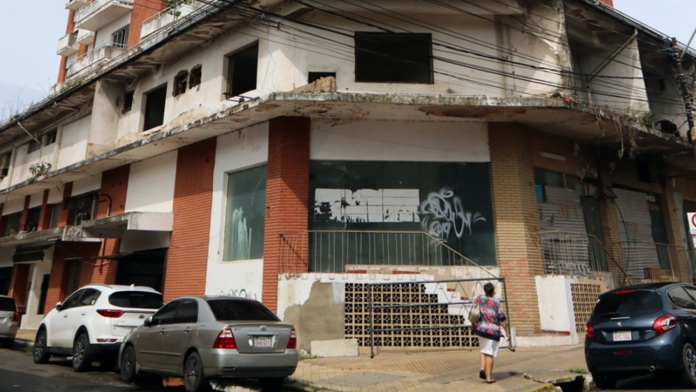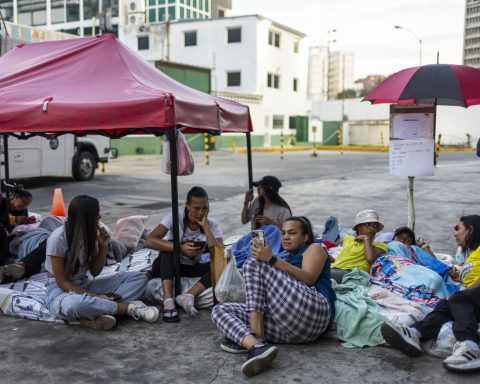The president of Colombia, Iván Duque, considered the ruling of the Constitutional Court that decriminalized abortion until the 24th week of pregnancy “appalling” and this Tuesday he reproached the magistrates who made the decision without taking Congress into account.
“We are facing a decision that concerns the entire Colombian society and five people cannot propose something as atrocious to the nation as allowing a life to be interrupted up to six months of gestation,” Duque questioned in a statement to the media.
The conservative president charged against the Constitutional Court which, with a vote of five to four, expanded access to voluntary abortion by setting one of the most flexible terms in the region.
Until now, this practice was only allowed in the case of rape, if the mother’s health was at risk or due to malformation of the fetus that compromised its survival, according to a 2006 ruling from the same court.
Apart from these exceptions, both women and those who performed the procedure were punished with sentences of 16 to 54 months in prison.
In Duque’s opinion, the court exceeded itself by ruling again on a matter that it had already judged when it established the three licenses for abortion in Colombia.
“In this decision I think there are some things that are very complex. The first, (the limit) of 24 weeks. We are not talking about a life in gestation, but about a life already with the expectation of being born,” he added.
He also argued that the Court’s decision could turn abortion “into a contraception mechanism,” given the macho tradition in some regions where women are rejected for asking their partners to “use methods such as condoms.”
The court noted that after six months of pregnancy, the exceptions already set by the court will continue to apply.
However, Duque insisted on his criticism of the magistrates and proposed that Congress take up the discussion on abortion, despite the fact that for years legislators have avoided discussing a regulatory framework for the voluntary suspension of pregnancy.
In theory, the legislature could modify the decision of the justice system with the support of a majority that opposes abortion, which at the moment does not seem viable in the face of the advance of the so-called progressive forces.
Colombia went to the forefront of the liberalization of abortion for the period set by the judges.
Argentina, for example, allows it up to week 14 and in Mexico it is authorized up to 12 weeks in some states. Uruguay also guarantees it up to 12 weeks, as well as Cuba and Guyana, which contemplate exceeding this period in some exceptions.











